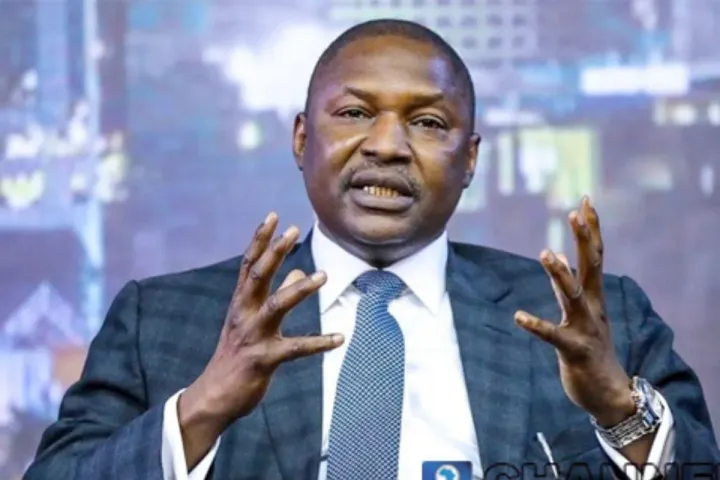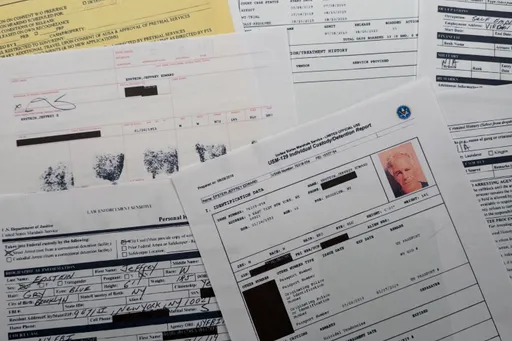A recently conducted survey by the French Institute of Public Opinion (IFOP) revealed that 60 percent of French people are dissatisfied with President Emmanuel Macron and Prime Minister Jean Castex.
IFOP said 1,936 people aged above 18 participated in the survey, which suggested the French President's popularity has dropped by 'three percentage points' to 38 percent in December.
On the other hand, 59 percent also said that they were dissatisfied with Prime Minister Castex as well.
As Macron tested positive for the Covid-19 on Thursday after experiencing mild symptoms of the virus, the results of another survey conducted in November came to the fore, showing that 7 out of 10 French people did not trust the Macron administration in combating the pandemic and found the government's measures to contain the virus "inconsistent".
The feeling of failure haunts Macron’s party
In May, reports emerged that French President Emmanuel Macron's Macron’s La République en Marche (On the Move) party has lost its outright majority in parliament after seven MPs defected and formed a new party. The defection is seen as a major blow to the party which had a sweeping victory in the National Assembly in June 2017, just weeks after Macron's whirlwind presidential victory.
With the departure of seven MPs, Macron’s party is left with 288 seats, one short of a majority in the 577-seat lower house.
As the next presidential elections are just 17 months away, the mainstream leftist and rightwing parties have yet to present any viable candidates, leaving Le Pen in line for a 2017 repeat when she made it to the second-round runoff.
Although the French President’s opponent Le Pen lost the elections to Macron with 35 to his 65 percent, there are growing fears within the president’s party that this could change in 2022.
One of the biggest challenges of Macron is expected to be record unemployment in the wake of the pandemic with Macron struggling to shake off his image as an ex-banker elitist out of touch with the everyday struggles of the country’s average and working class people. The pressure demands from the president a difficult balancing act, which means giving in to some rightwing demands, while keeping the left-leaning public on his side.
On the other hand, a bunch of controversial actions including the two forthcoming laws have suspected many about whether the French President is pandering to the far right.
Known as the Global Security Bill, the proposal passed through the lower house of the French parliament. People have been criticising particularly one clause of it which restricts people from filming the police in a way that threatens their physical or mental integrity; violators would risk a 45,000-euro ($53,000) fine and one year in prison.
The second bill which also sparked a massive criticism against Macron is part of an expanded crackdown on “extremism” and what Macron has called “Islamist separatism”.
Furthermore, the law will also be monitoring international funding coming to mosques, limit homeschooling and create a special certificate programme for French imams.
Race, religion and Macron
In a speech delivered in early October, Macron set out his plan for an “enlightenment Islam” and a cultural revolution that would, among other things, see the state backing forces that want to “restructure Islam.”
Amongst many French Muslims and outside observers, it was seen as a veiled attempt to create a "French Islam" and interfere in the workings of the Muslim community. The problem wasn’t France's laicite model, said Macron, it was that Muslims, many who are third or fourth generation. They just didn’t get it.
“We must...make people love the Republic,” said Macron. And no sooner was the president's speech over that many asked what a “French Islam” meant.
Yet critics of France's social model of laicite, a version of rigid secularism practised in France, believe that the very notion of universalism has become a dogma inhibiting the country from dealing with systemic injustices which intersect with race and religion.
While in places like the UK and the US, visible signs of piety are protected and seen as part of a tapestry that strengthens the overall country, France takes the opposite approach. It bans expressions of faith from public buildings and in certain circumstances from the public space.
“France preaches universalism but in reality if you are a Black or Arab person you are 20 times more likely to face police racial profiling. If you wear a headscarf it impacts the chances of you getting a job,” Yasser Louati told TRT World in an interview, who is a French human rights activist leading the NGO ‘Committee for Justice & Liberties For All'.
Also, another French journalist, Rokhaya Diallo in an interview toldTRT World that she thinks that Macron is willing to send a message to the far-right voters.
“The government has chosen to openly target Muslims because it is easier to communicate with spectacular measures,” added Diallo speaking to TRT World.























